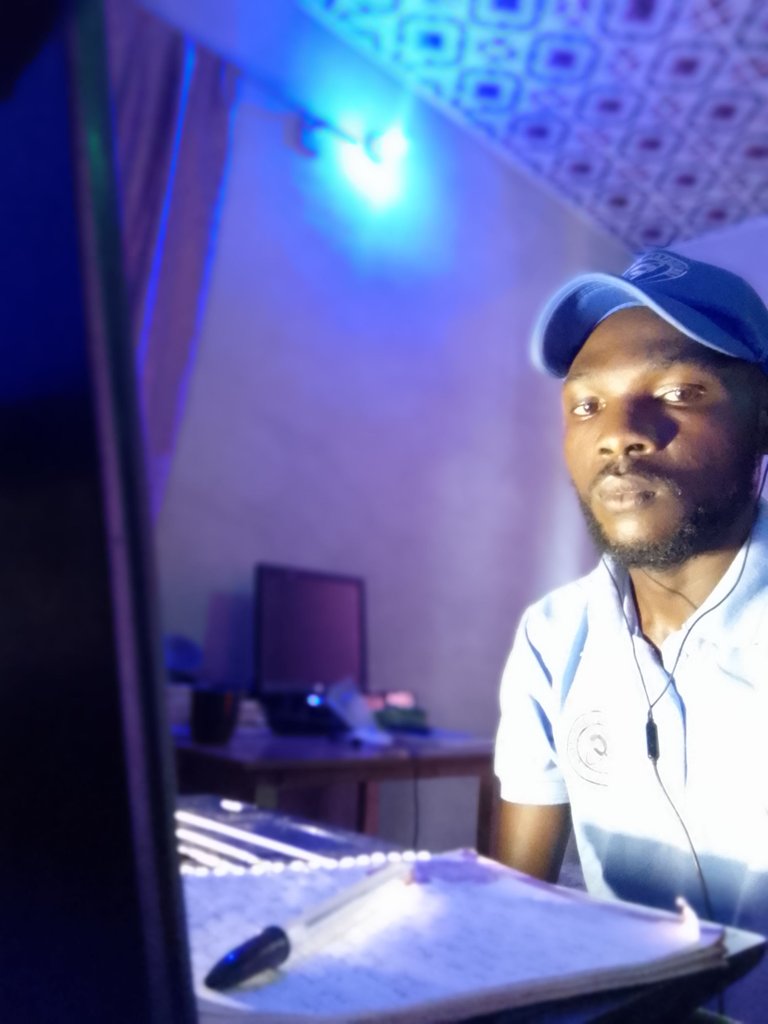
While many of us enjoy staying connected on social media, excessive use of social media can fuel feelings of addiction, anxiety, depression, isolation, and feeling of missing out.
Generally human beings are social creatures. We need the companionship of others to thrive in life, and the strength of our connections has a huge impact on our mental health and happiness. Being socially connected to others can ease stress, anxiety, and depression, boost self worth, provide comfort and joy, prevent loneliness, and even add years to your life. On the flip side, lacking strong social connections can pose a serious risk to your mental and emotional health.
In today’s world, many of us rely on social media platforms such as Facebook, X (formerly Twitter), Snapchat, YouTube, TikTok, and Instagram to find and connect with each other. While each has its benefits, it’s important to remember that social media can never be a replacement for real world human connection. It requires in person contact with others to trigger the hormones that eliminates stress and make you feel happier, healthier, and more positive. Ironically for a technology that’s designed to bring people closer together, spending too much time engaging with social media can actually make one feel more lonely and isolated and generate mental health problems such as anxiety and depression.
Fear of missing out and social media addiction. While the fear of missing out or fear of missing out has been around far longer than social media, sites such as Facebook and Instagram seem to exacerbate feelings that others are having more fun or living better lives than you are. The idea that you’re missing out on certain things can impact your self-esteem, trigger anxiety, and fuel even greater social media use, much like an addiction.
Feelings of missing out can compel you to pick up your phone every few minutes to check for updates, or compulsively respond to each and every alert even if that means taking risks while you’re driving, missing out on sleep at night, or prioritizing social media interaction over real world relationships.
High usage of social media (Facebook, Snapchat, and Instagram) increases rather decreases feelings of loneliness. Conversely, the study found that reducing social media usage can actually make you feel less lonely and isolated and improve your overall wellbeing.
Personally social media has affected me in divert ways, each time I pick my phone to search for something or do something important I then find myself going through reels either on Facebook, tiktok, tweeter, or YouTube. Most times I tend to forget myself during this act.
Everyone is different and there is no specific amount of time spent on social media, or the frequency you check for updates, or the number of posts you make that indicates your use is becoming unhealthy. Rather, it has to do with the impact time spent on social media has on your mood and other aspects of your life, along with your motivations for using it.
For example, your social media use may be problematic if it causes you to neglect face-to-face relationships, distracts you from work or school, or leaves you feeling envious, angry, or depressed. Similarly, if you’re motivated to use social media just because you’re bored or lonely, or want to post something to make others jealous or upset, it may be time to reduce your social media habits.

Posted Using InLeo Alpha
That's very true we, the fear of missing out is what is causing a lot of pressure on people
Yes ma'am.
Thanks for going through my post